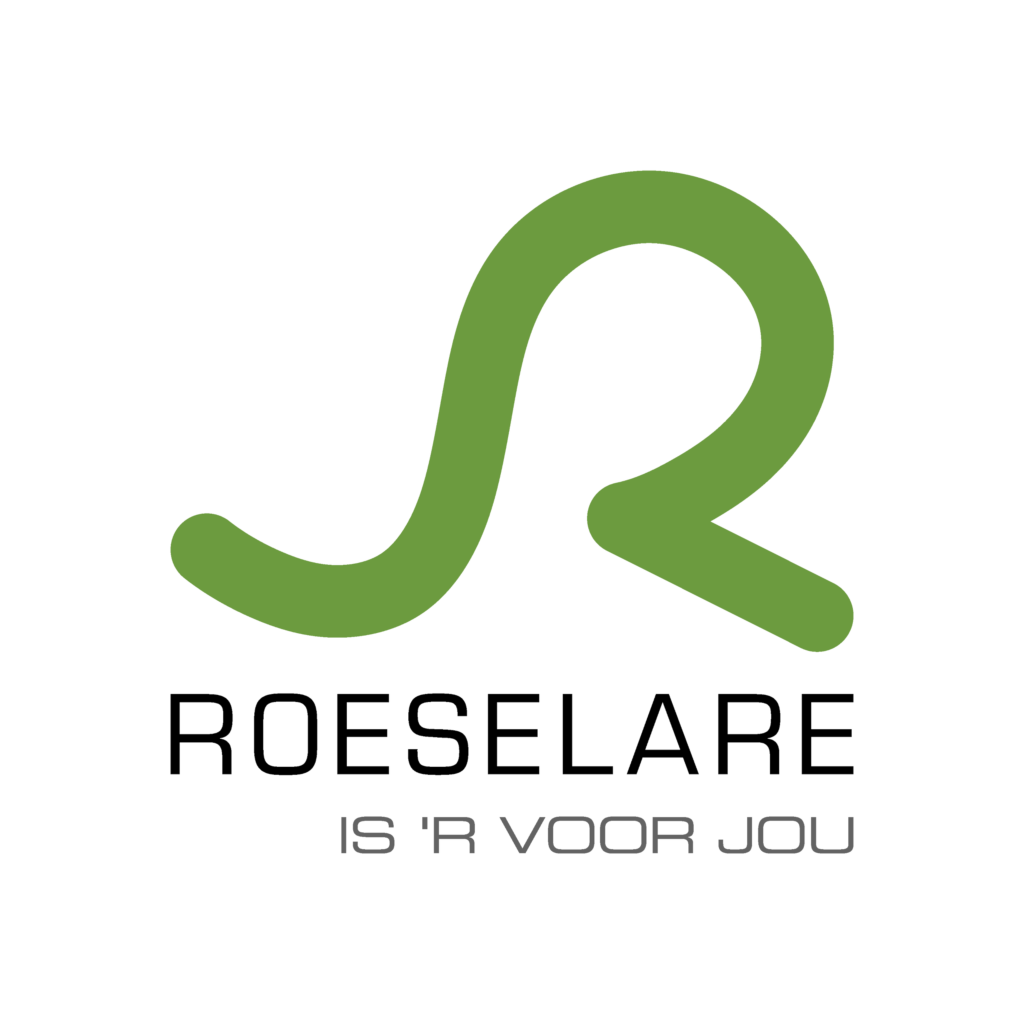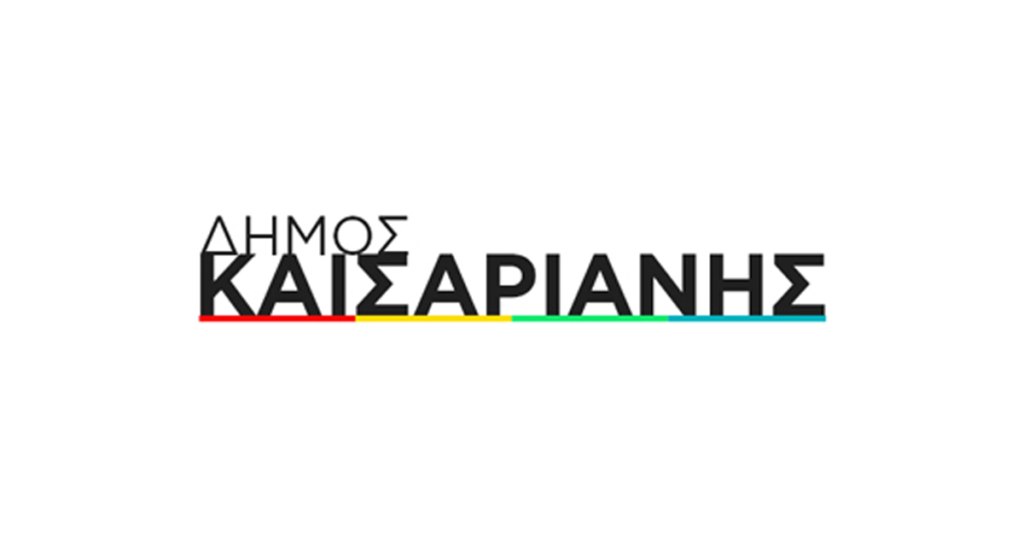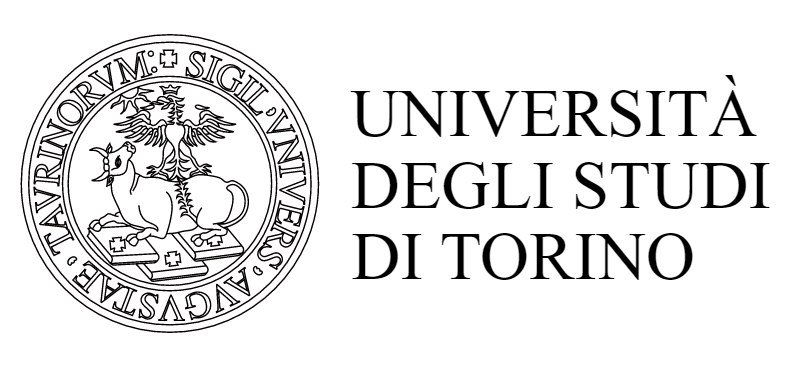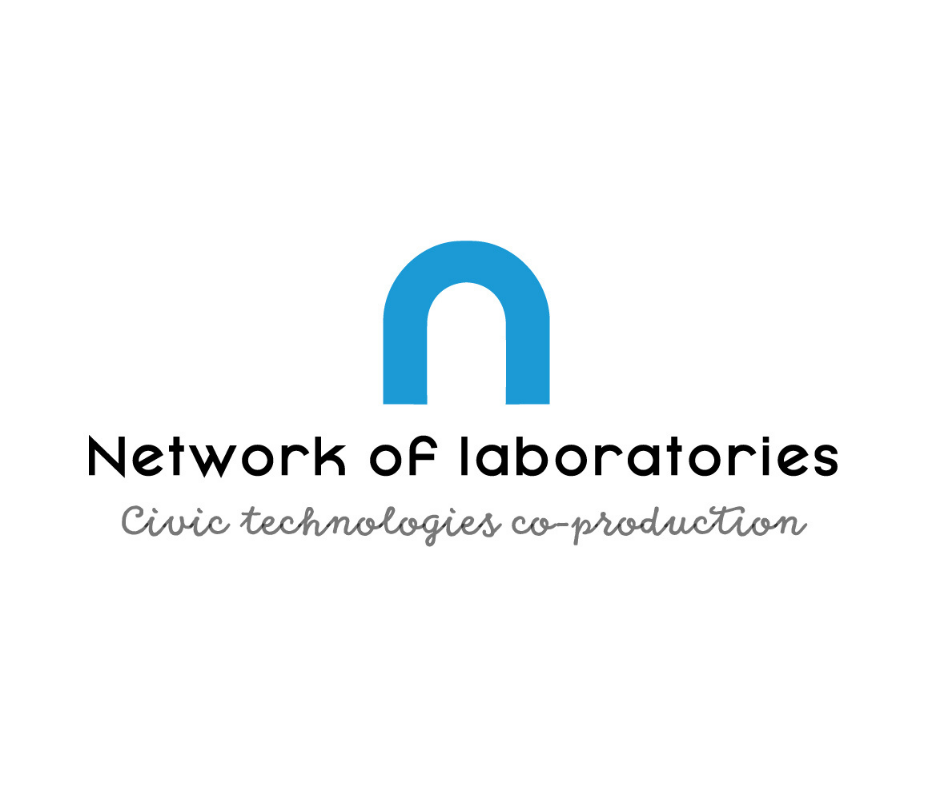NLAB4CIT is a European network, coordinated by the University of Turin (UNITO), consisting of three local authorities, three knowledge institutions, and the Association of Flemish Cities and Municipalities (VVSG).
The project has the ambition to make public services, such as the promotion of financial inclusion or innovative welfare services, more accessible. We achieve this in three ways:
- By involving citizens more actively in the design, co-creation and management of public services;.
- By demonstrating the applicability of a number of existing digital solutions in different and new sectors of co-production of public services;.
- By broadening the understanding of their success factor and sustainability.
In other words, the network will work on the question of how, through digital technologies, we can bring citizens closer to public services and involve them more in their creation. Technologies that could be considered include blockchain, artificial intelligence, Internet of Things and virtual reality. By experimenting and sharing good practices, the network plans to gain practical insights and tips.
Project partners
The local authorities in the network are the city of Roeselare, the Italian city of Collegno and the Greek city of Kaisariani. The knowledge institutions are, first, HOWEST from Kortrijk, especially the department of applied computer sciences. The second knowledge institution is Open Lab Athens, an interdisciplinary research bureau engaged in the development of digital citizen science and technology. The third is the University of Turin, where an interdisciplinary team is working on the project. Lastly, the VVSG is the Association of Flemish Cities and Municipalities.
The strength of this network lies in the diversity of its composition: in addition to social scientists, there are computer scientists, experienced experts and policymakers.

The City of Roeselare is a fast growing city of more than 63.000 inhabitants and known as the heart of West-Flanders. The mission of the city is to be a leading city, a smart sustainable city, where quality of life, solidarity/togetherness and entrepreneurship are the key factors facilitating that. Roeselare wants to invest in people by setting up good policies, together with the stakeholders (stronger citizen participation).

The City of Kaisariani has more than 26.458 inhabitants and it’s a municipality of the prefecture of Attica. Currently, the City is undergoing major changes as far as their digital infrastructure is concerned and participating in this project aligns perfectly with their need to enter the new digital framework formulated by modern needs and aspirations. The City of Kaisariani will participate in the project through their Development and Planning Department. The City already tries to co-develop and codesign tools that allow elderly people diagnosed with dementia to participate in decision making processes that will allow them to move safely and comfortably in public space, while developing the structures of community and caregiving by the neighborhood – for the neighborhood, through a project, ‘The Path of Memories’ which is run within the scope of Actors of Urban Change of the Robert-Bosch Stiftung.

The Municipality of Collegno is now home to about 50,000 inhabitants and falls within the broader institutional structure of the Metropolitan City of Turin.

University of Torino will be involved in the project through the “laboratory” OMERO, the Interdepartmental Research Centre on Urban and Event Studies, born as a place for research on the cultural, economic, social and territorial implications of major events, starting from the XX Torino 2006 Olympic Winter Games, expanded its research interests by including the themes of local development and urban regeneration induced by events, geography and sociology of sport, tourism in its multiple dimensions of analysis. The activities promoted by OMERO are basically conducted according to a plurality of disciplinary approaches, including economic, cultural, organizational, social, territorial, communicative approaches. Through OMERO, UNITO is member of Urban@it, national research centre of urban studies and of the italian network of the laboratories of Geography. Many members of the OMERO’s team also teach in the Master Course ICT for Development and Social Good. and participate to the network ONG2.0 contributing to skills development in the field of the application of digital technologies to innovation in public and public-private public and social services.

Open Lab Athens (OLA) is a non-for-profit organisation; a design initiative of researchers and practitioners who engage in spaces of “social innovation”. Acknowledging the politics and values embedded in any system and infrastructure, they conceive social and technical systems that sustain and reproduce practices of solidarity, horizontality, and democratic participation. Their research contributes to Computing, Social Movements, Participatory Design and Digital Civics research.

Howest University of Applied Sciences (HOWEST) is by far the IT college par excellence with top players such as Digital Art & Entertainment (DAE), Digital Design and Development (Devine), Computer and Cyber Crime Professional, ICT & Blockchain Consultant or App & Web Developer. The security and privacy research group belongs to the applied computer sciences department of Howest. The research group is active in several fields, namely cyber security (CS), industrial security, artificial intelligence (AI), Blockchain (BC), RPA and innovative web platforms. Howest contributes to the project with a team of developers in the field of AI, blockchain, web, APPs and specialists in cyber security. Howest gained experience in design, develop and demonstrate innovate IT-solutions with projects like Blockchain4SME, Blockchain IN Government (Interreg), Deep learning anomaly identification for cyber intrusion and Sharing Logistics.Many of our previous projects have resulted in demonstrators or proof of concept applications being implemented. The experience gained with these implementations will prove to be crucial for this project.

VVSG is the Association of Flemish Cities and Municipalities representing 7.472 local politics, 300 municipalities, 300 CPASS, 100 police zones, 51 autonomous municipal companies, 20 assistance zone fire brigade network… The VVSG is a supporter, service provider and network organization of and for local authorities. It brings together local authorities and their partners and ensures the cross-fertilization of knowledge and good practices. It supports and strengthens local authorities with advice, training, publications, communication. It represents and defends local authorities in numerous strategic policy issues. Together with local authorities, VVSG carry out tangible work with respect to social services, social integration and work, leisure policy, poverty, care of the elderly and the home, childcare, health policy, integration and civic integration, nature and environment, life and construction, entrepreneurship and mobility, spatial/urban planning, climate, waste, cycling, trade policy, citizen participation, digitization and technological innovation.

